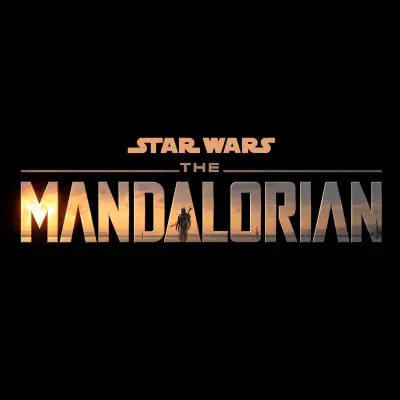Why was The Mandalorian's fan service more well received than Star Wars: The Rise of Skywalker's fan service?
-

"The Mandalorian might not be in such a hyperactive mood, but it would be hard to deny that its commitment to fan service isn’t as deep as The Rise of Skywalker’s," says James Whitbrook. "So what is it about The Mandalorian—a show that made some people scream in adulation over a return to the Mos Eisley Cantina and some sand—that makes its catering-to-fans approach so well received in a way The Rise of Skywalker’s hasn’t? If anything, it’s a question of scale. If what makes Rise’s indulgent approach equal parts eminently frustrating and delightfully silly is the fact that its stakes are so grand—that it is shaping our understanding of what Star Wars is, what the Skywalker Saga at large is, on a galactic scale—then having a preponderance for calling back to what came before gets in the way of what could’ve been set up for the future. In turn, The Mandalorian’s intimacy is one of its greatest strengths. To us as an audience, the existence of Baby Yoda is a huge event because we only know of one such other being of his species on the galactic scale, but for Din Djarin and the rest of The Mandalorian’s heroes and villains? The Child is just that: a child. Who he is and where he’s from are concerns, but they are concerns because they want to see the Child protected from harm (or, in Werner Herzog’s case, exploited by the ashes of the Empire). The thrust of The Mandalorian’s season arc is not in fleshing out Baby Yoda’s Wookieepedia page, it is Din coming to care for his new ward and how it changes him as a man and a bounty hunter." ALSO: Why there's no point being outraged over Trump fans trying to co-opt Baby Yoda.
TOPICS: Star Wars: The Mandalorian, Disney+, Star Wars
